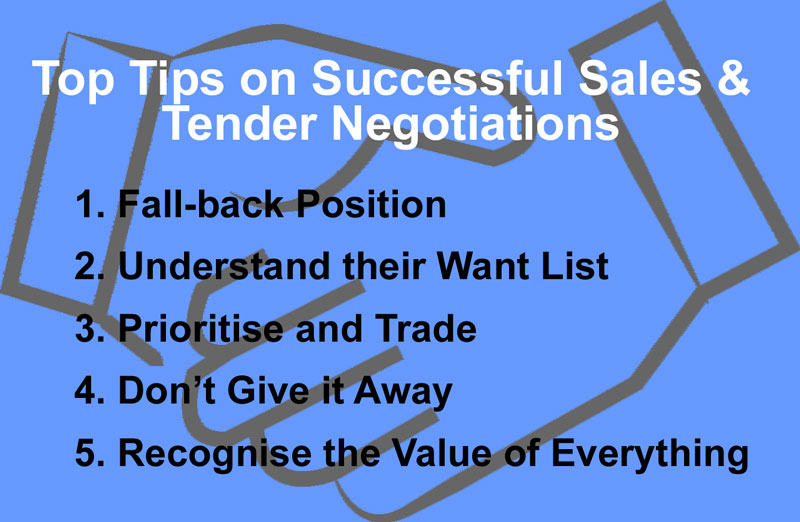Get Feedback on Tenders and Proposals – Won or Lost
It is recognised by most that getting feedback on tenders and proposals is a fundamental part of the sales / tendering process. If you lose a bid, you try to find out what could have been improved or how the competition beat you. You can then try and address the issue(s) in future bids – hopefully turning losses into wins.

However, it’s surprising how many people say that they have not attempted to get any feedback on a lost sale or tender. Or that they have not chased up feedback when the buyer has not responded.
Always Get Feedback on Tenders
Ideally always seek a meeting to get feedback on tenders and proposals. Or at least have a telephone discussion – especially for higher value bids when you have invested a good deal of time and effort.
…Get Feedback on Tenders and Proposals – Won or LostRead More »
Get Feedback on Tenders and Proposals – Won or Lost Read More »




